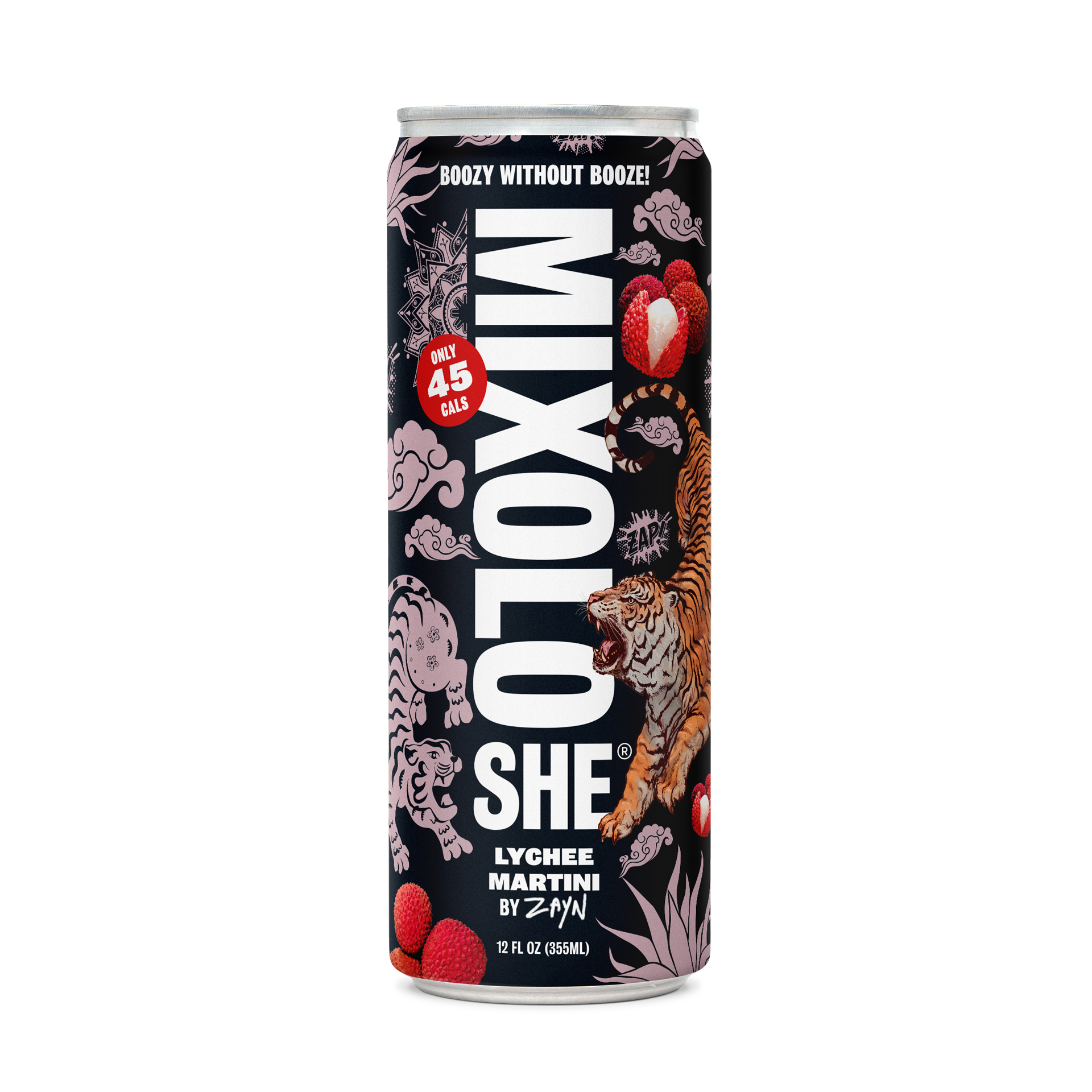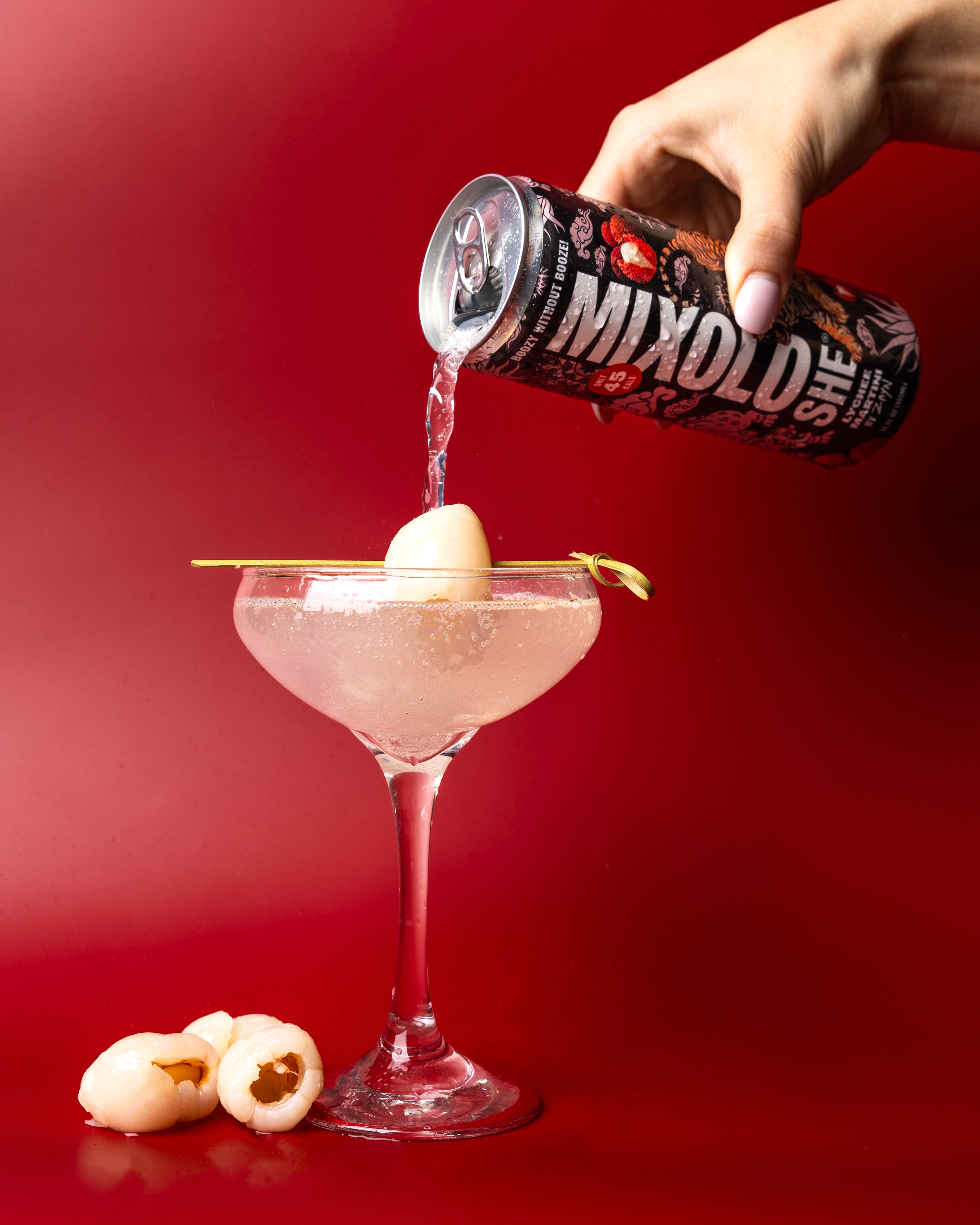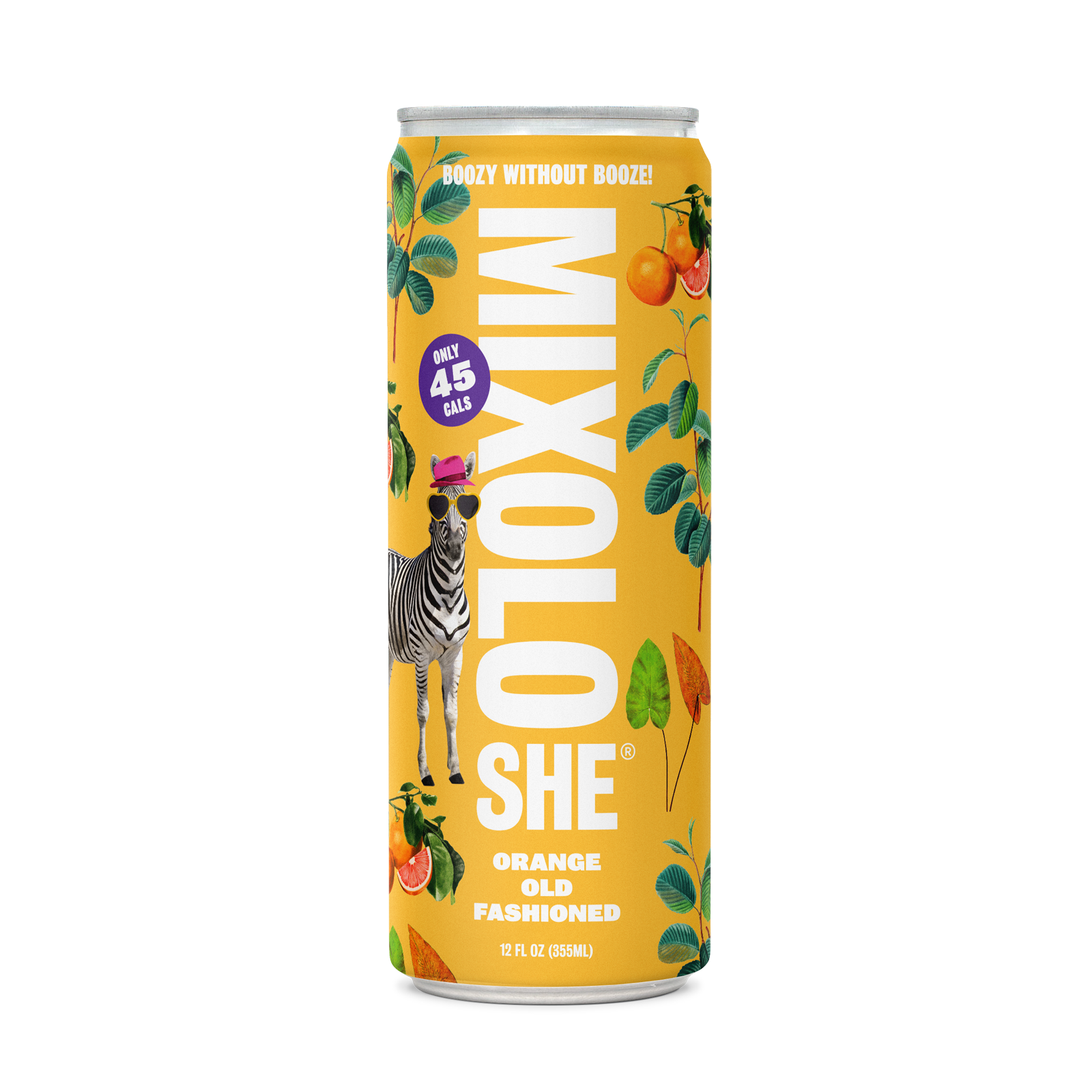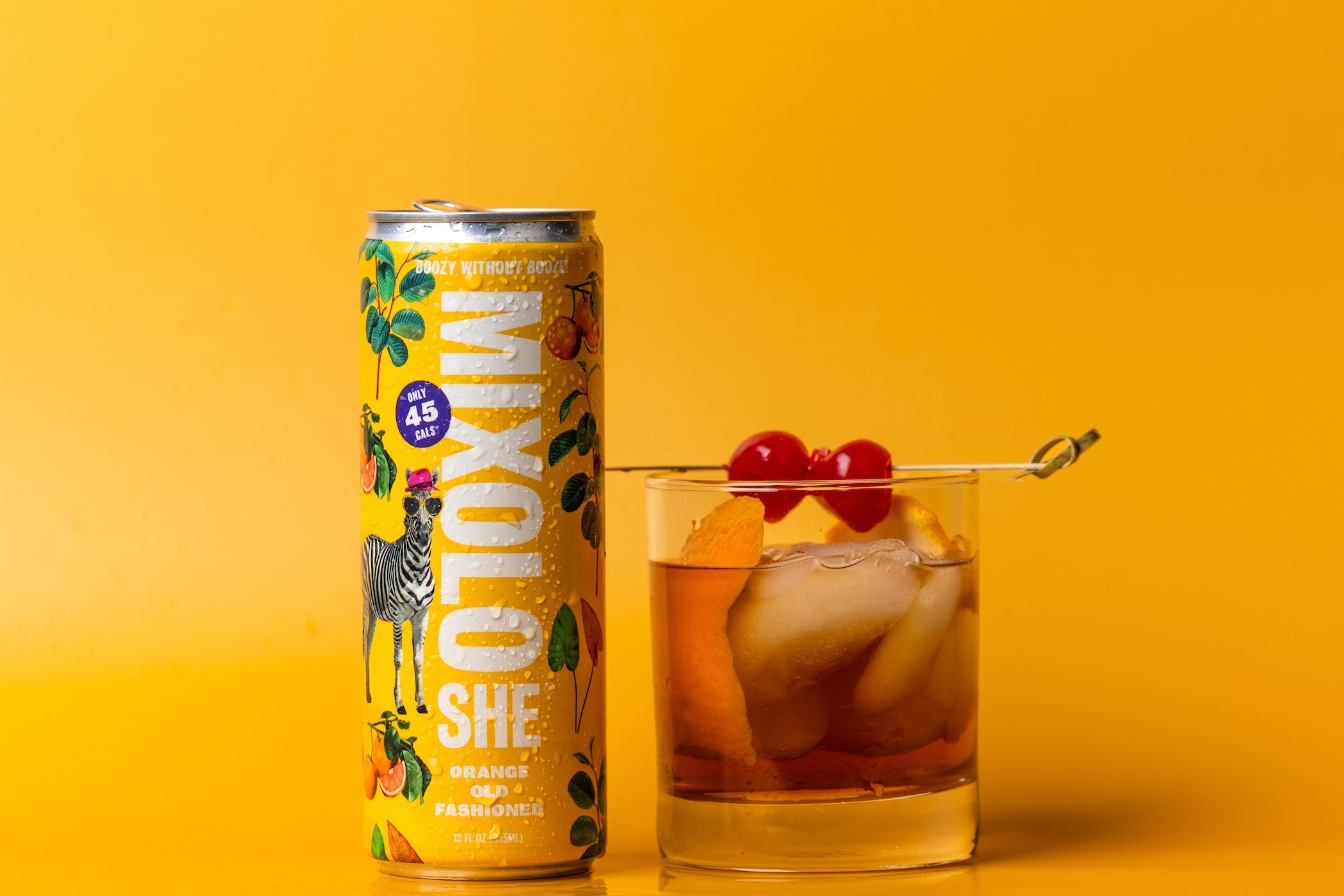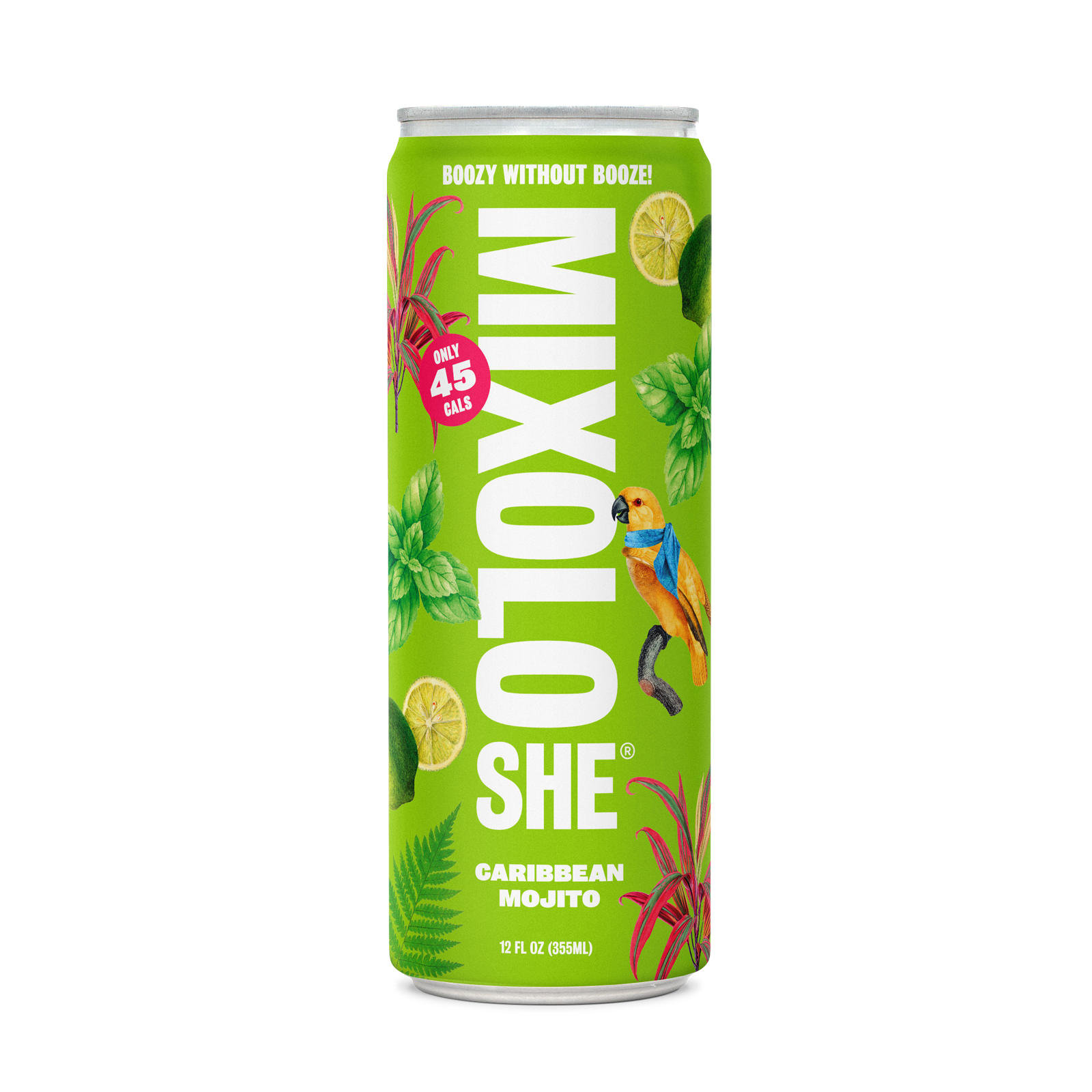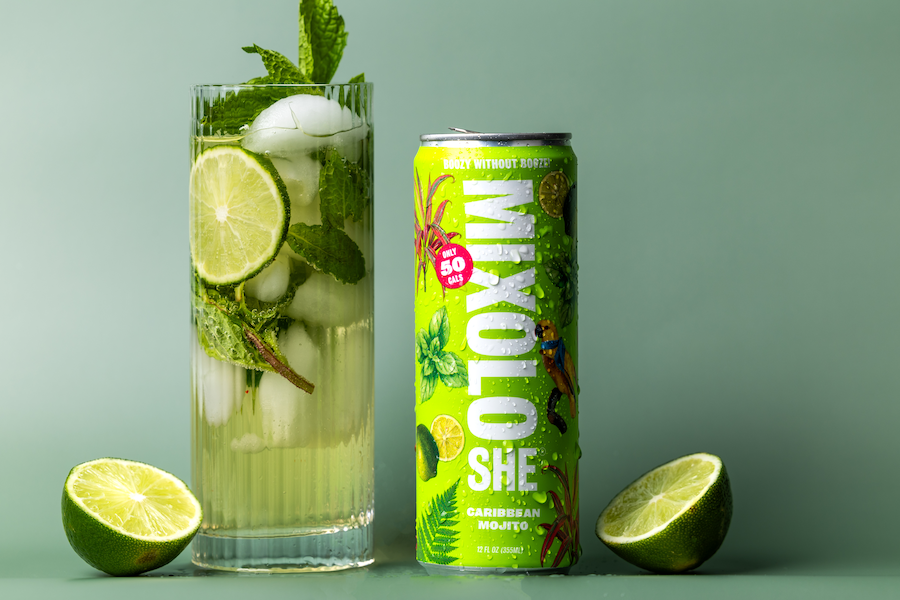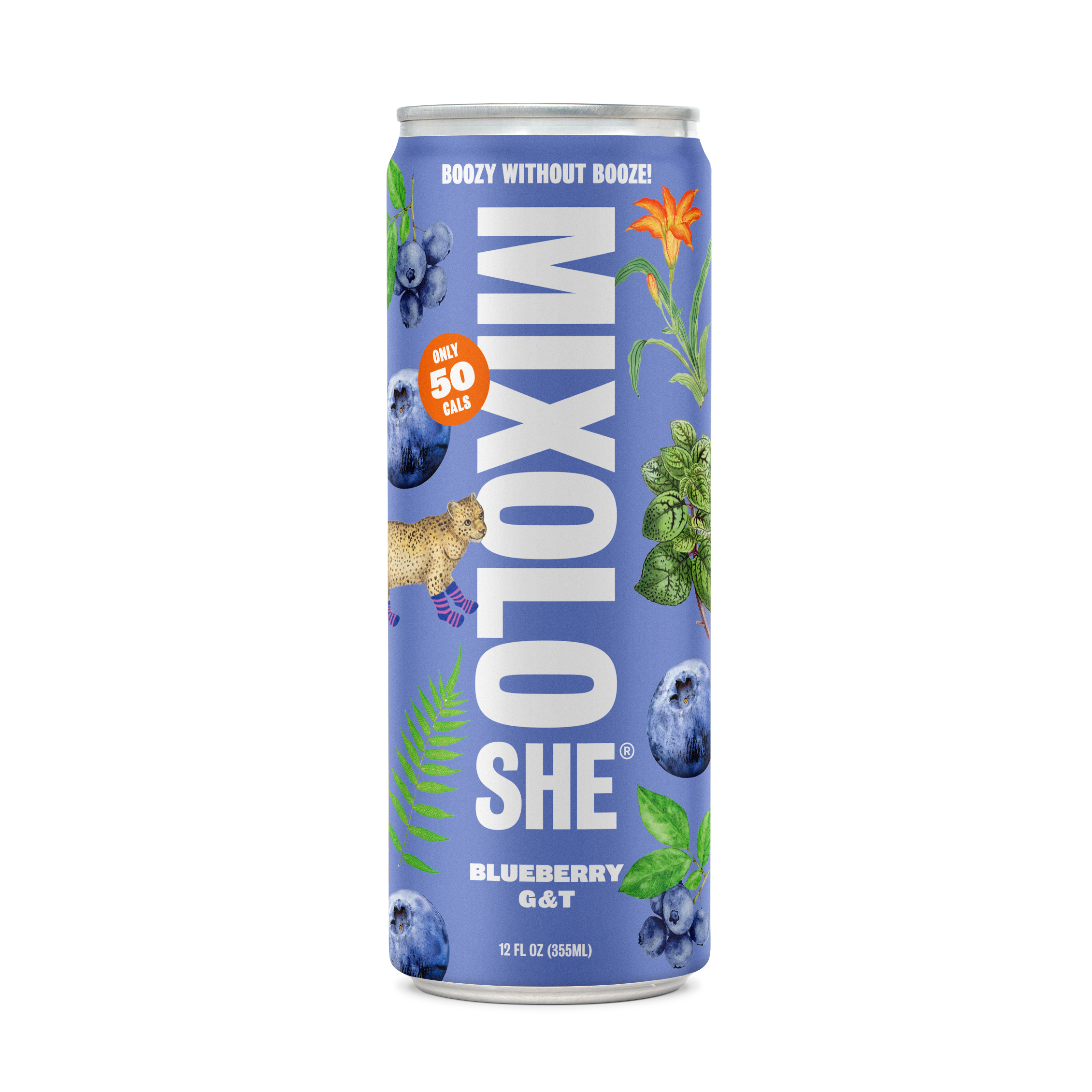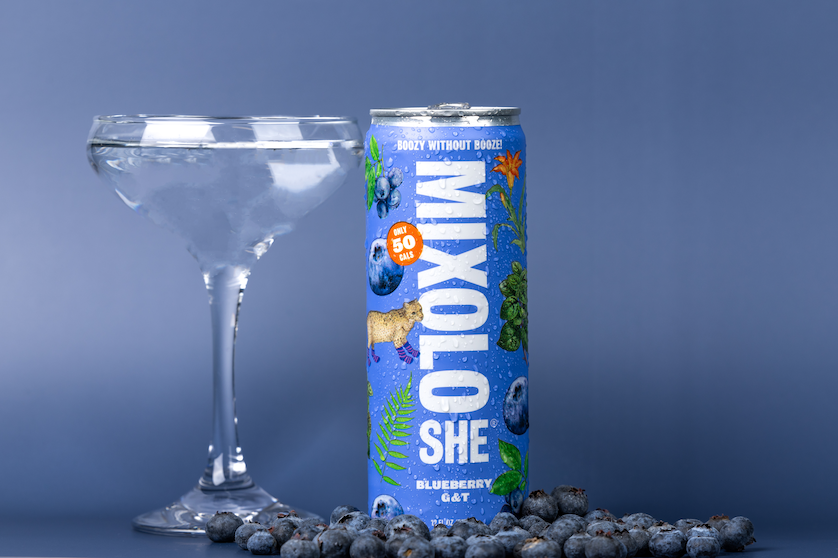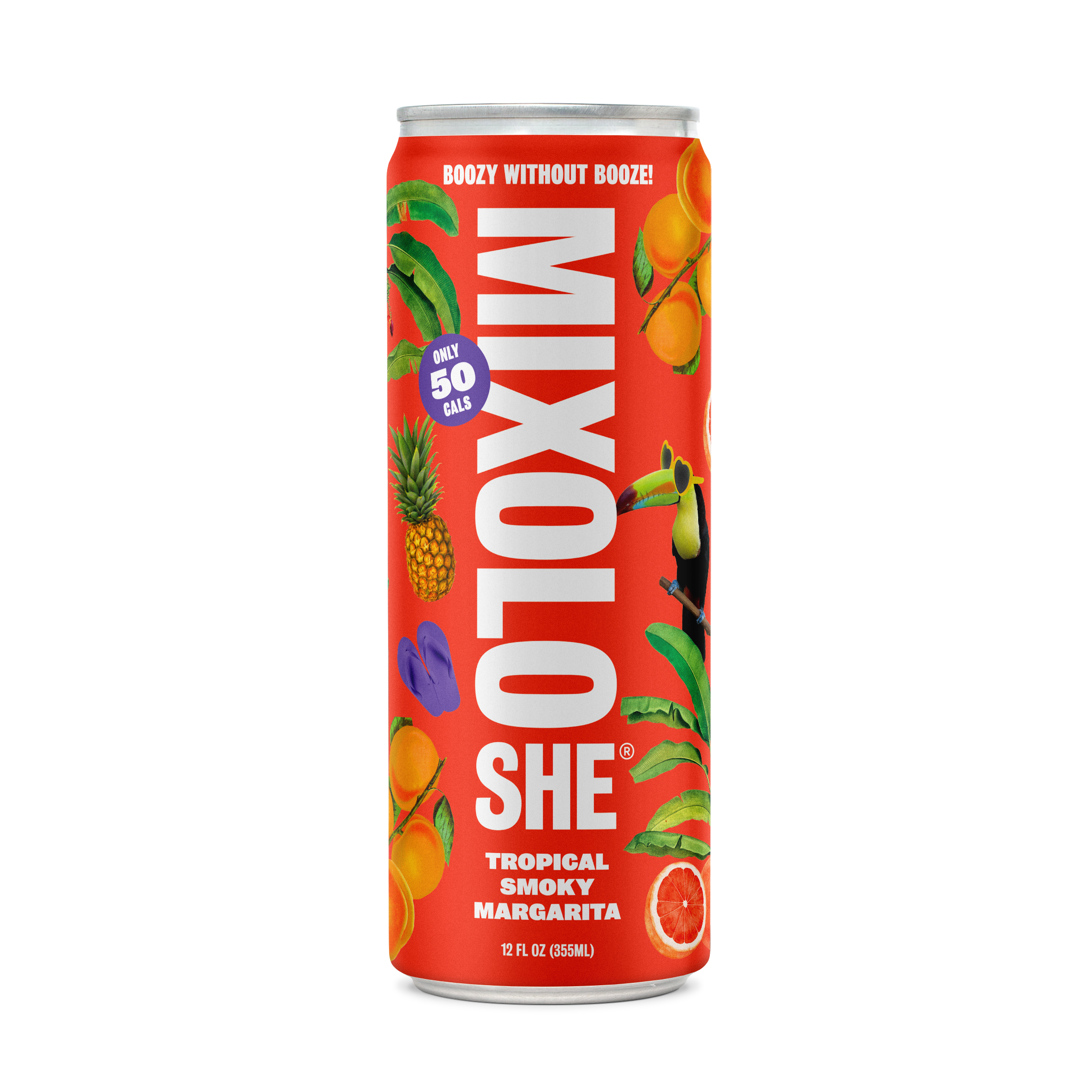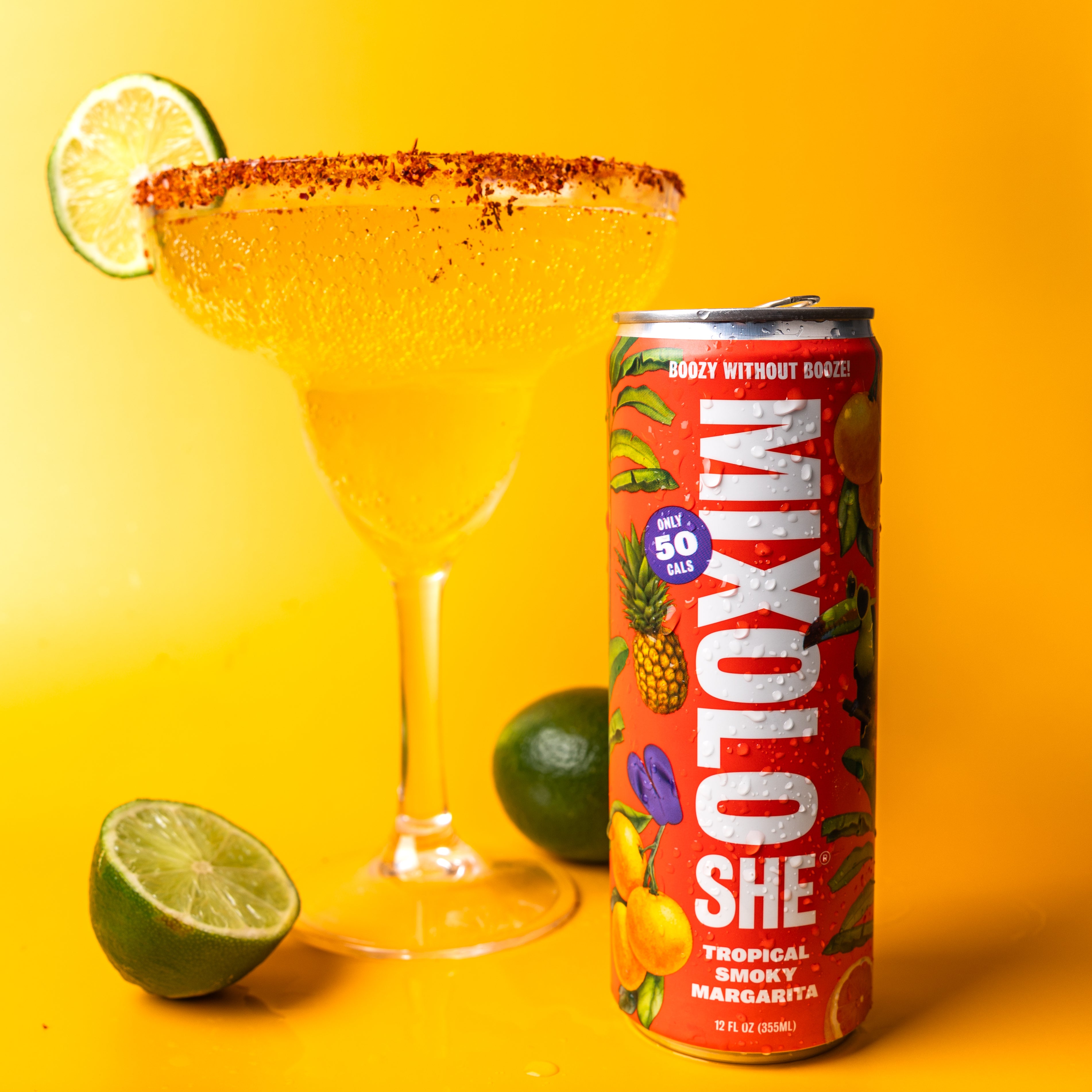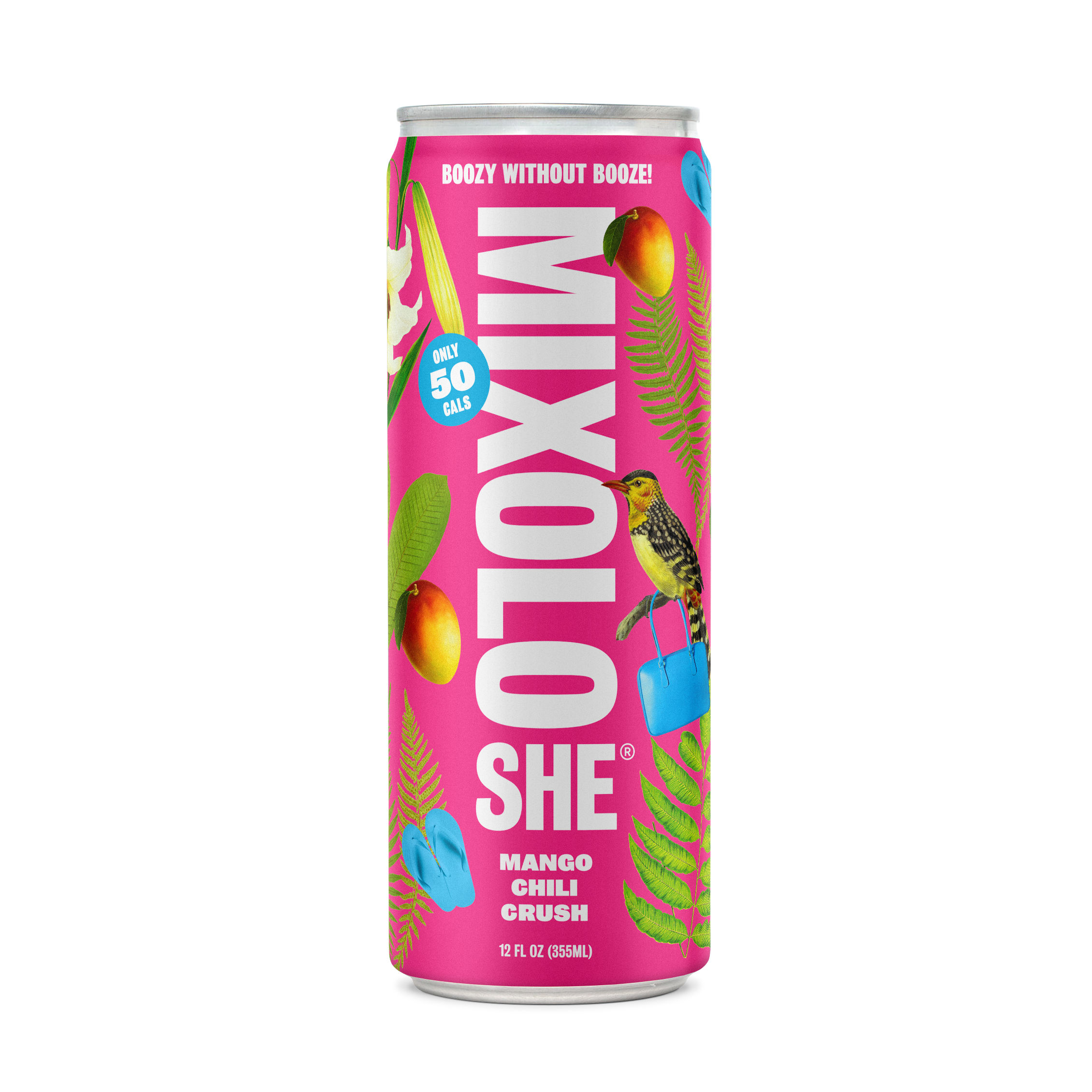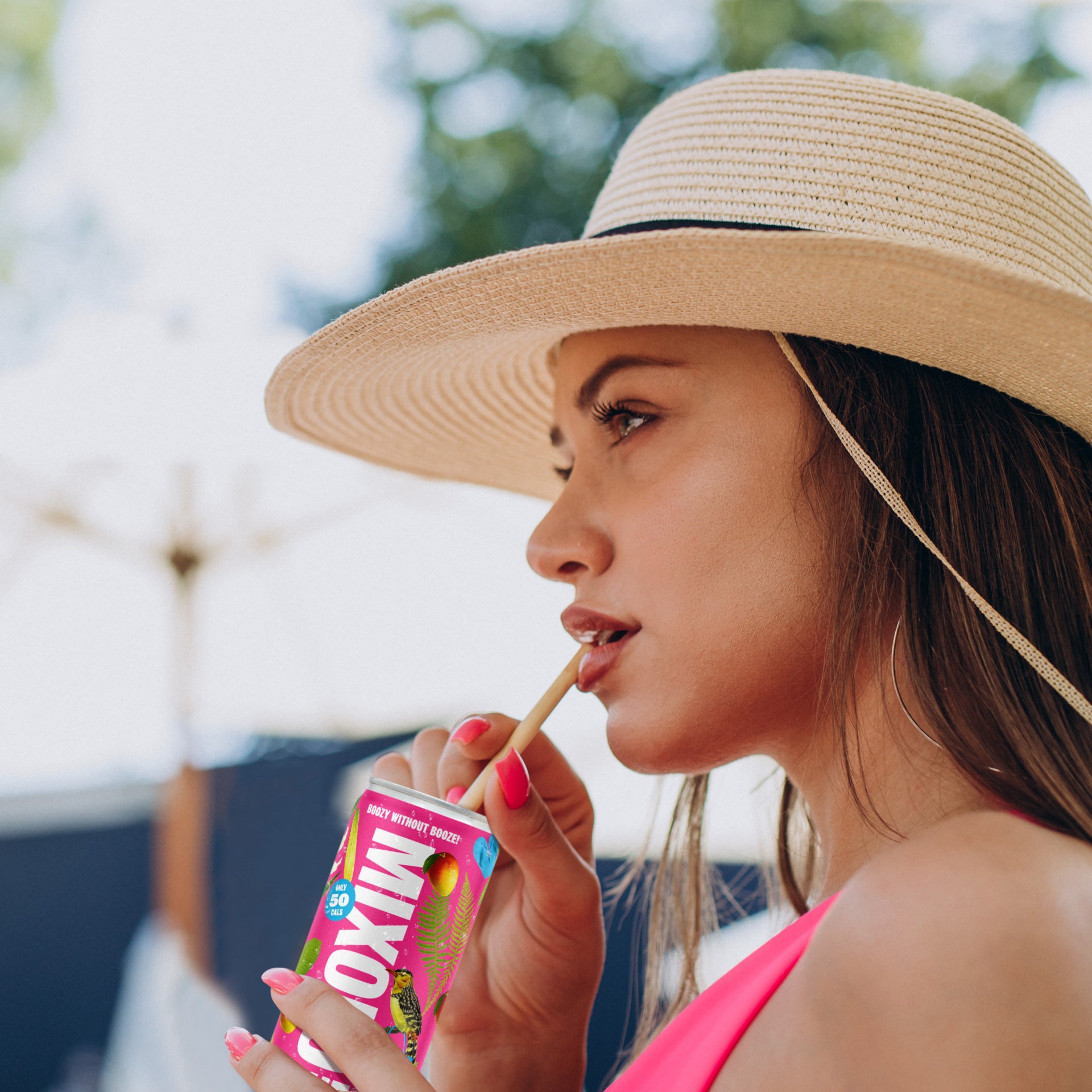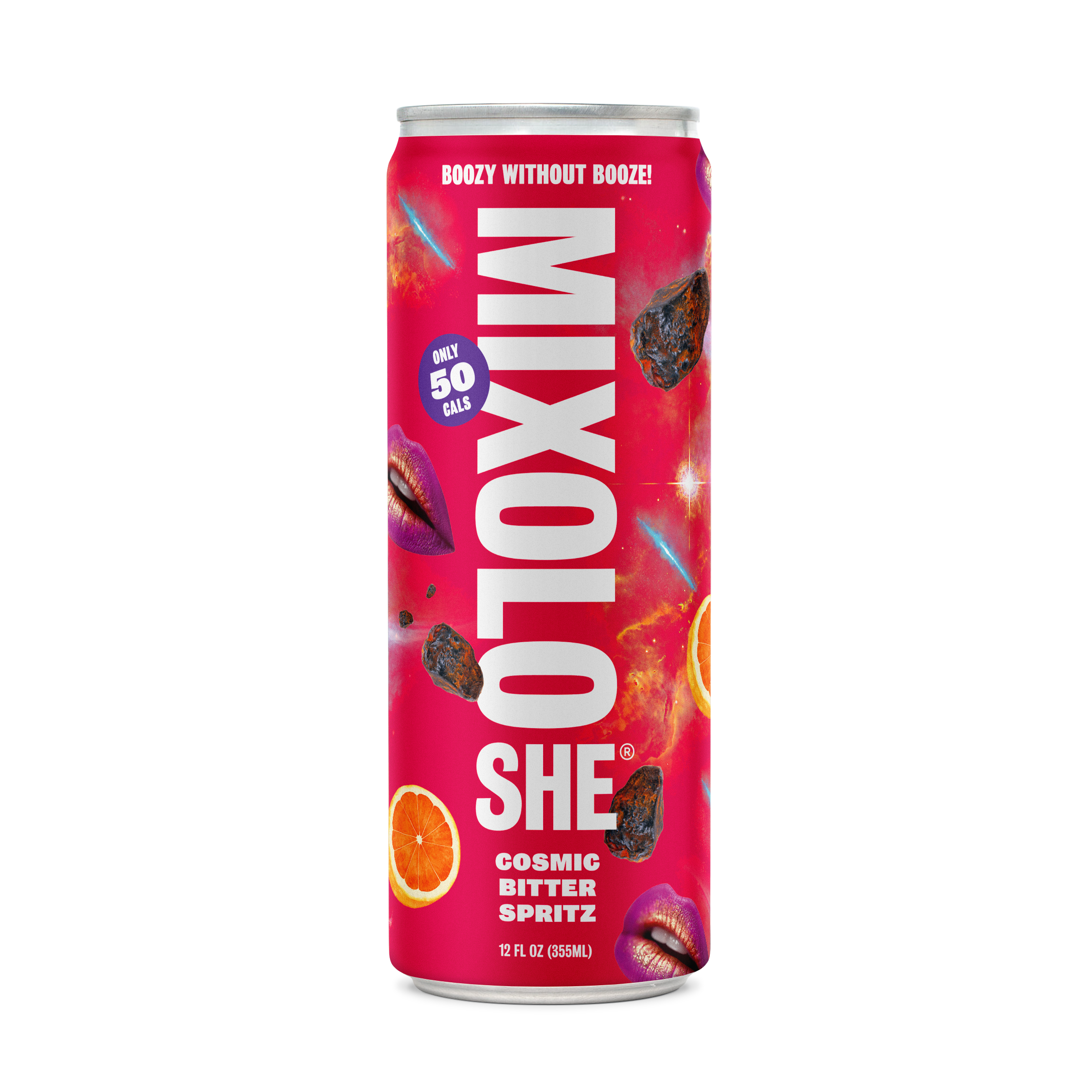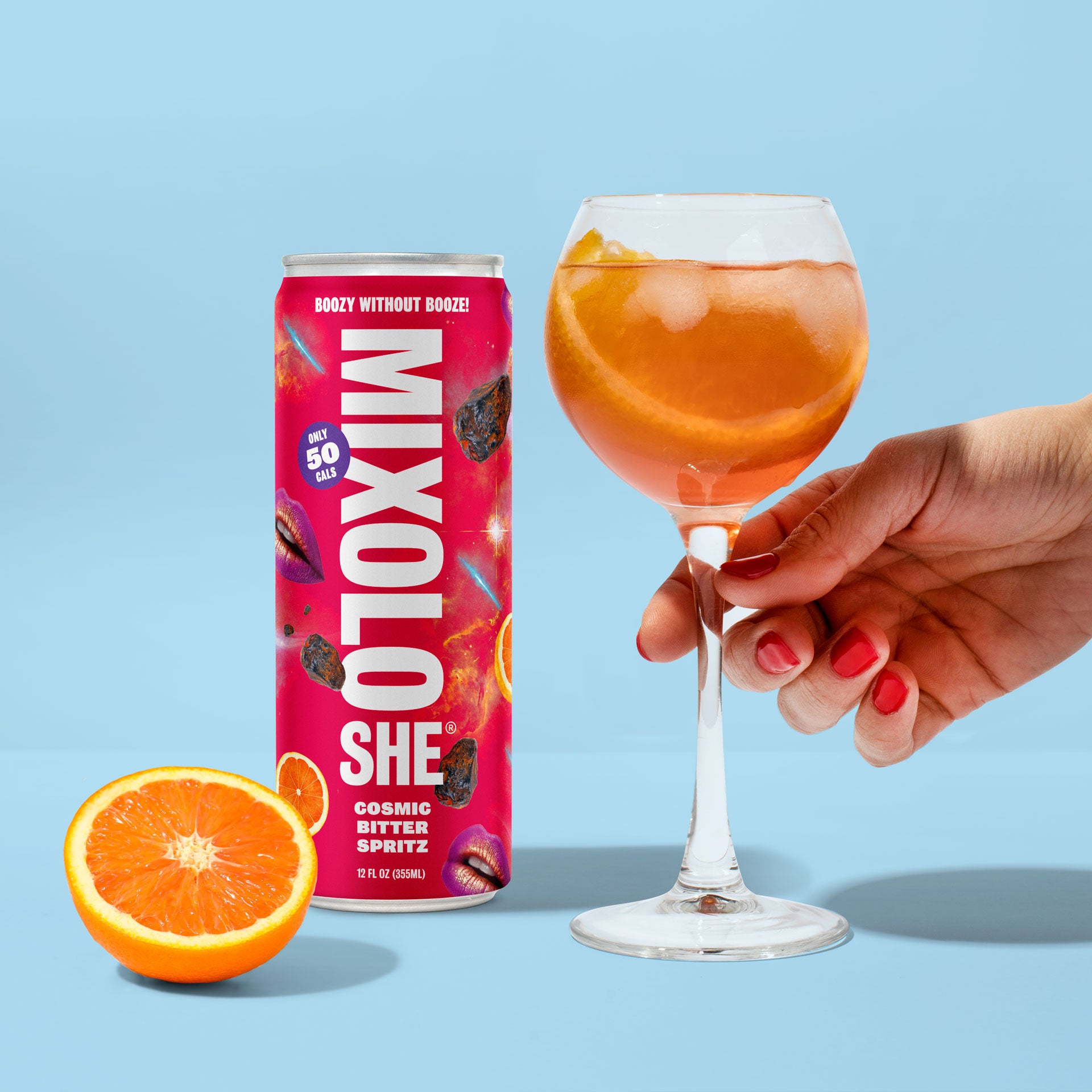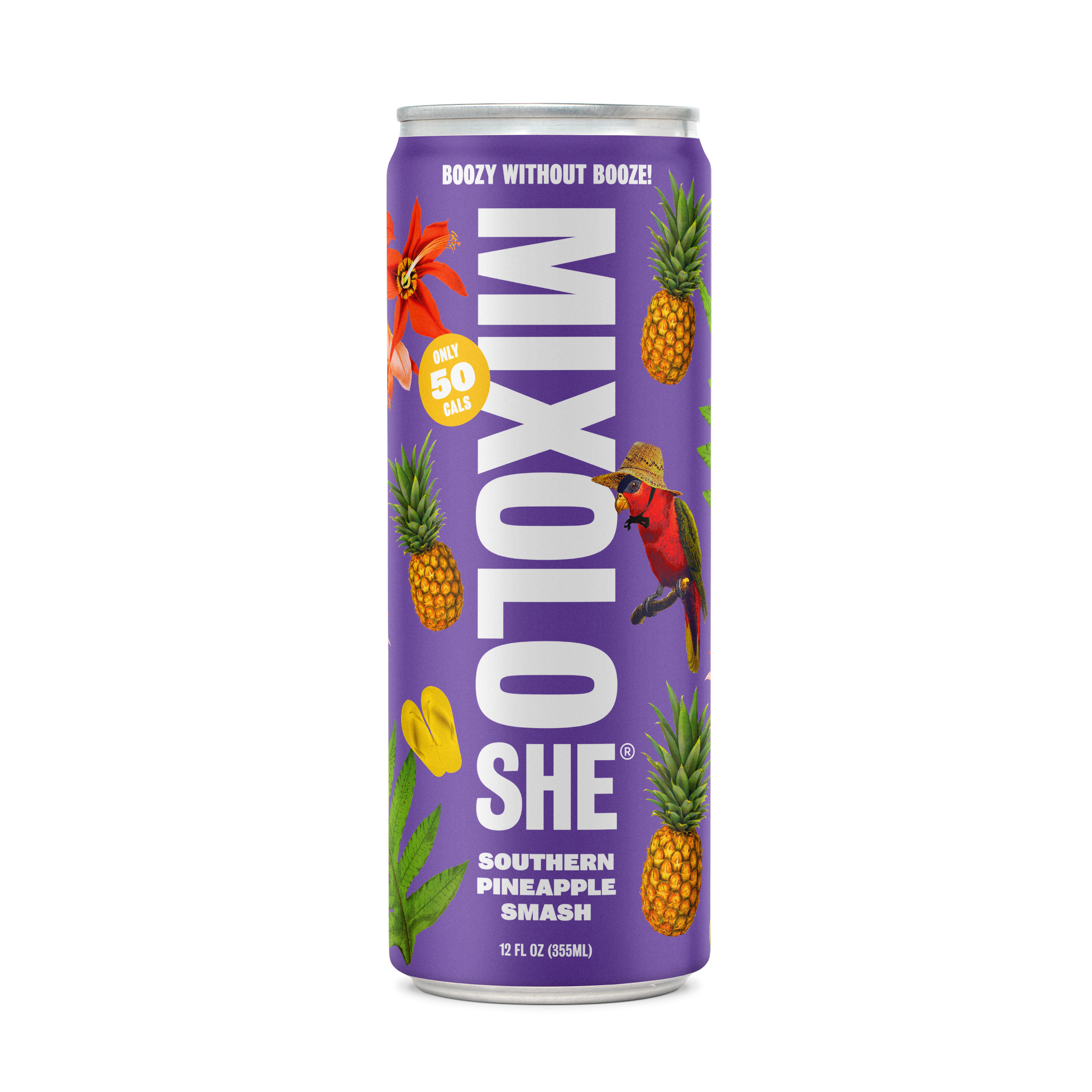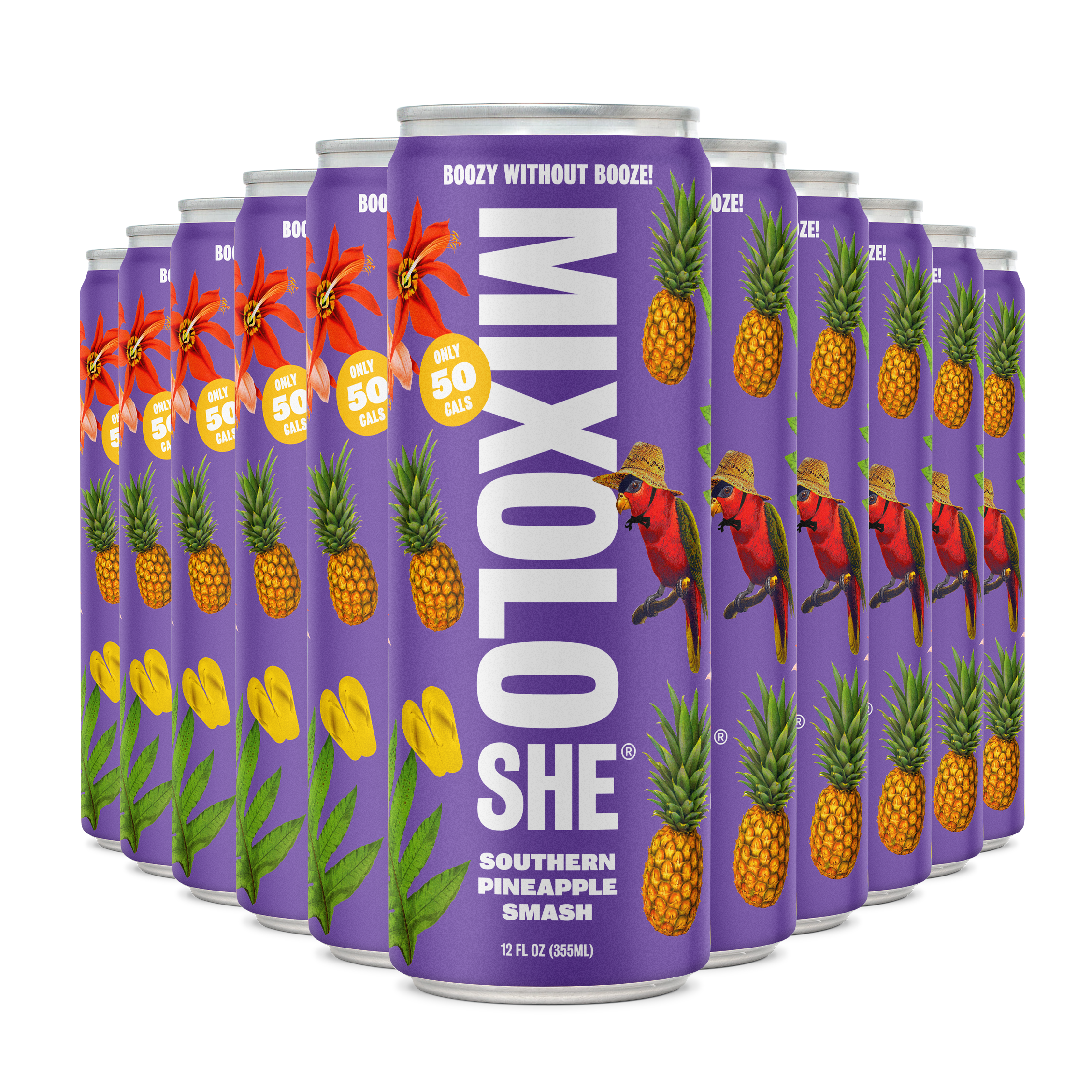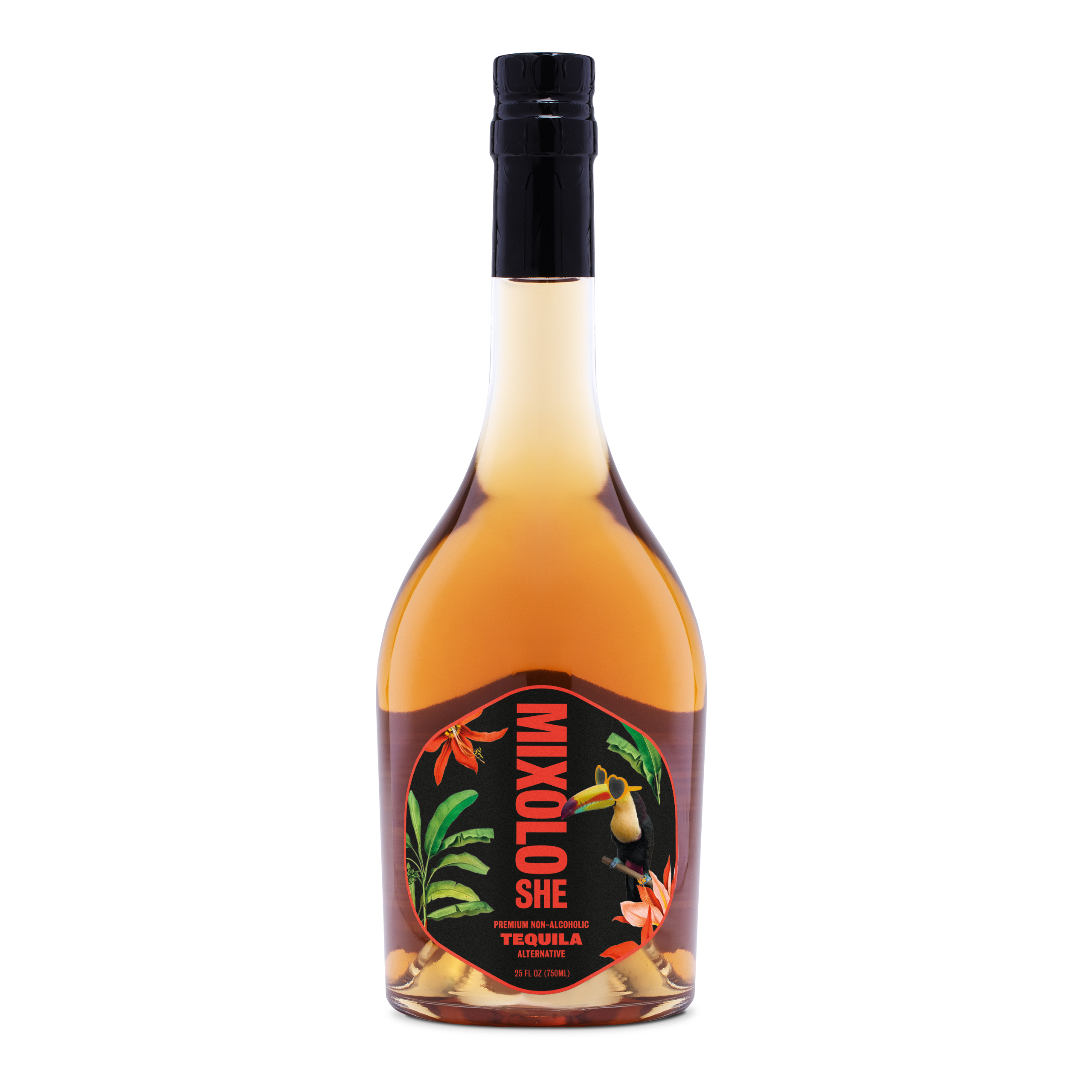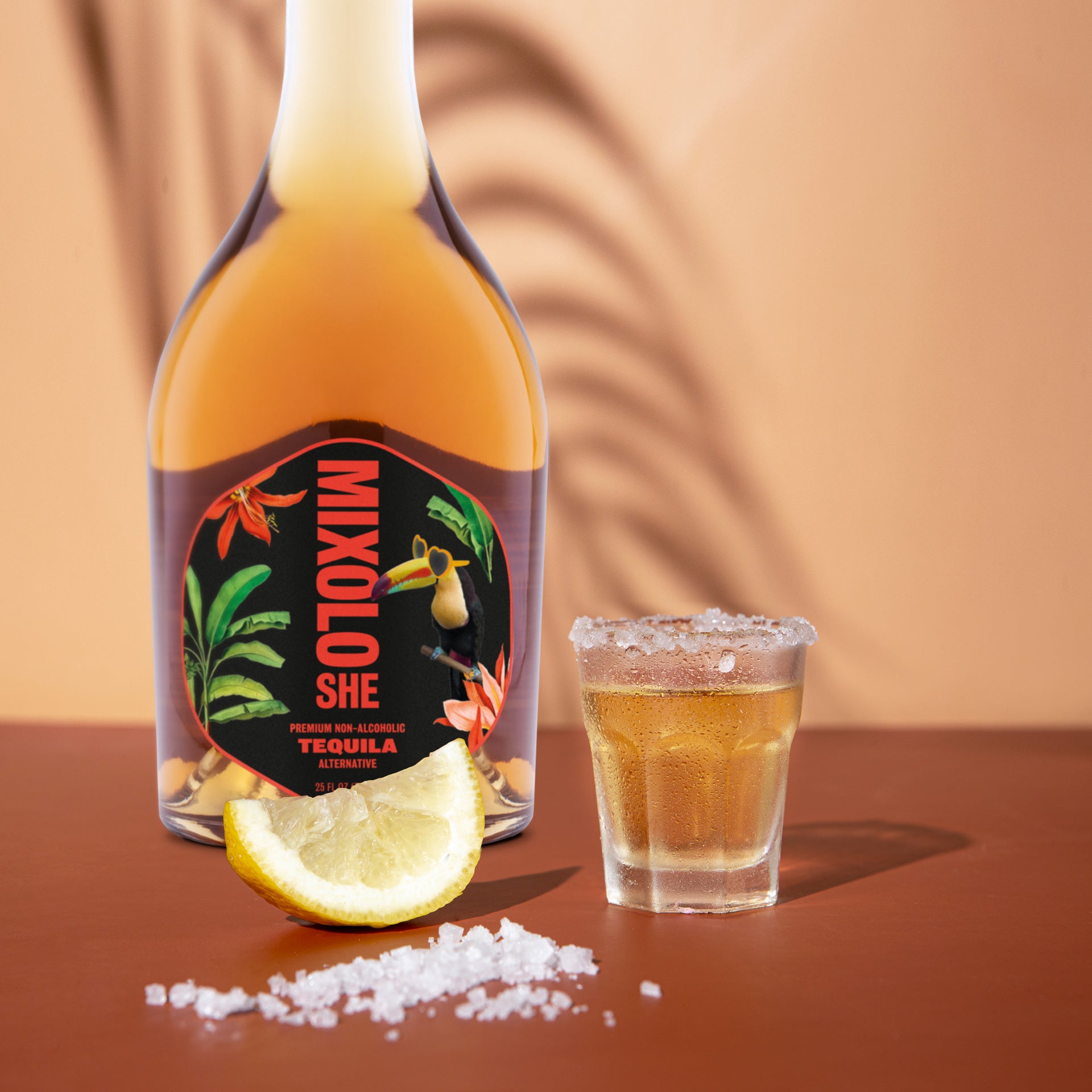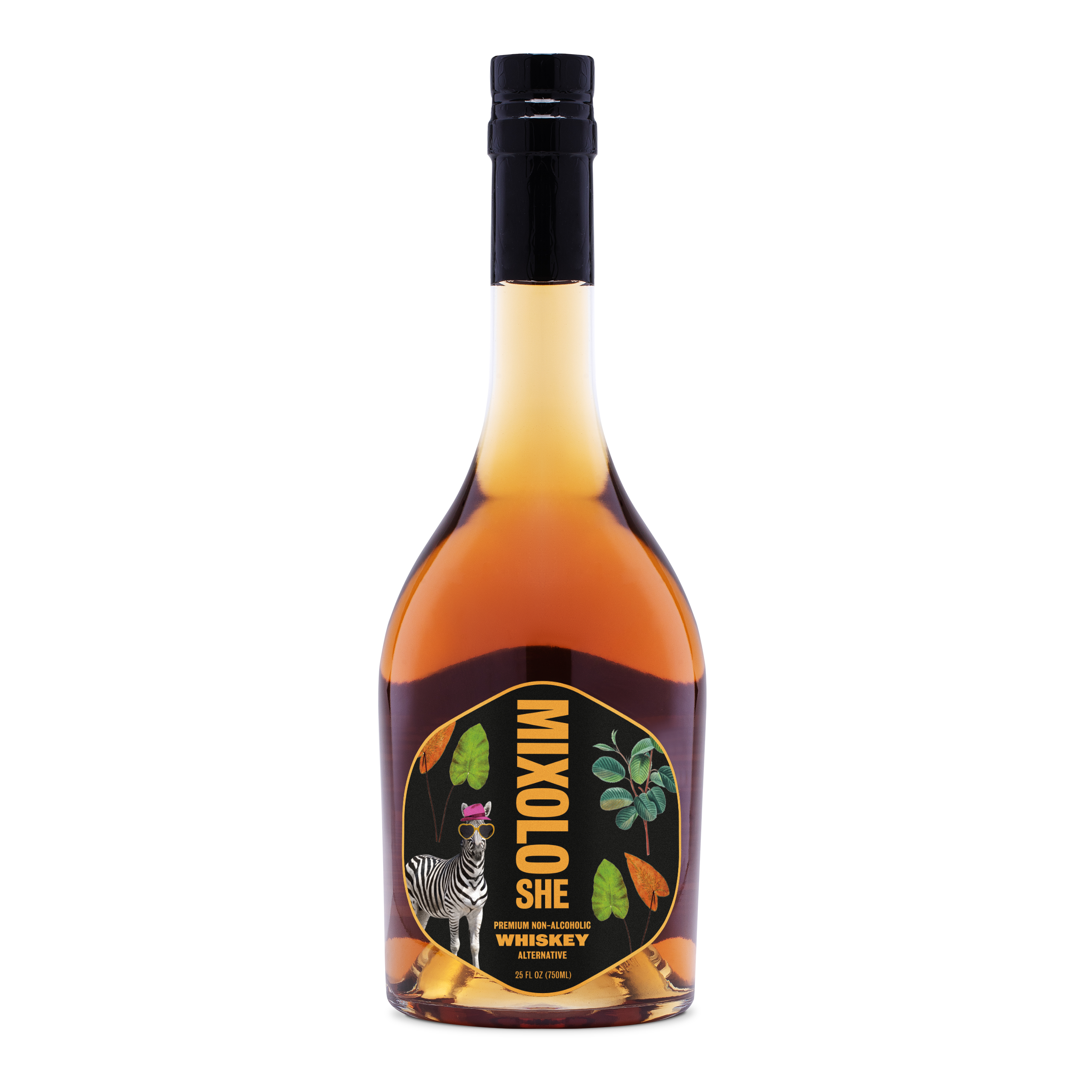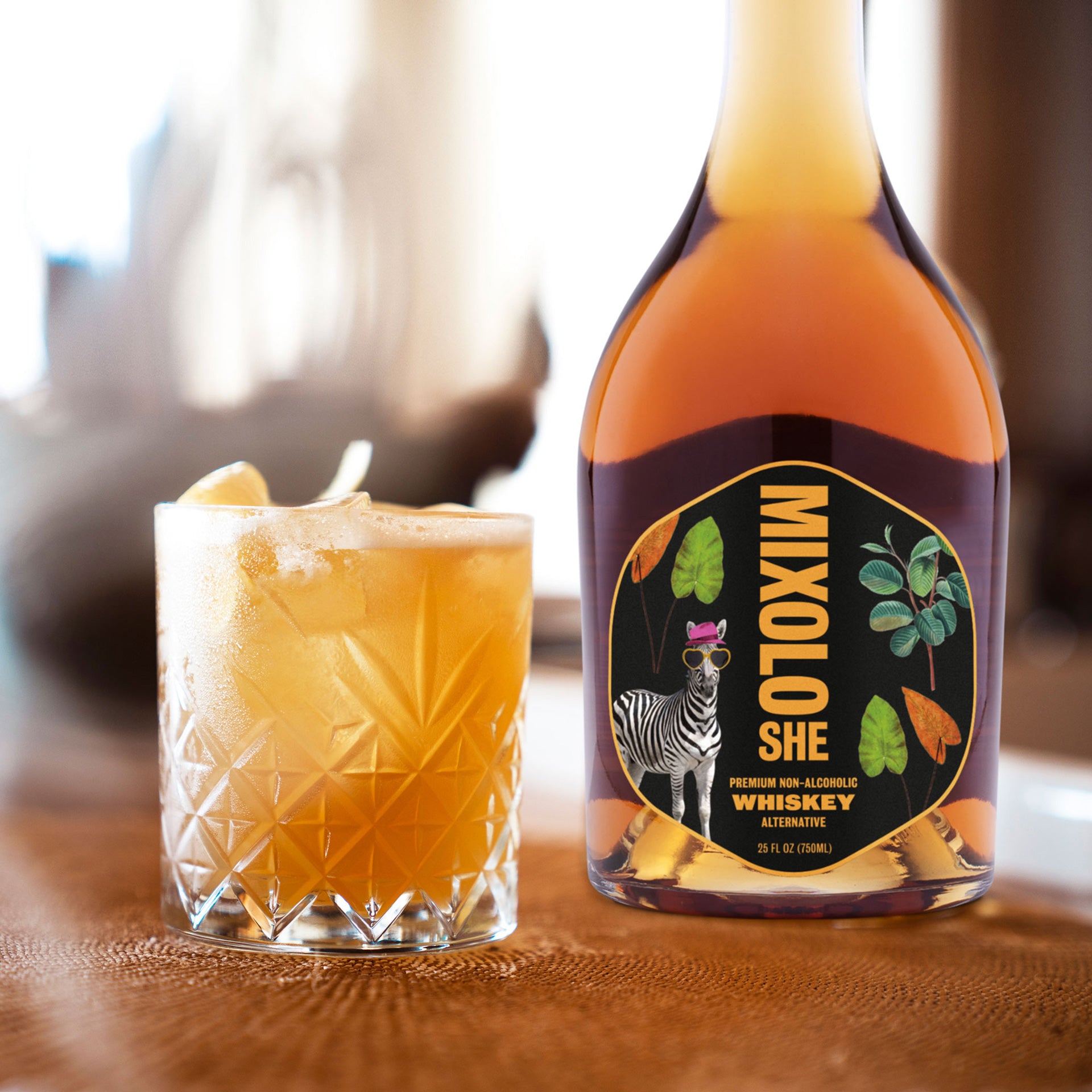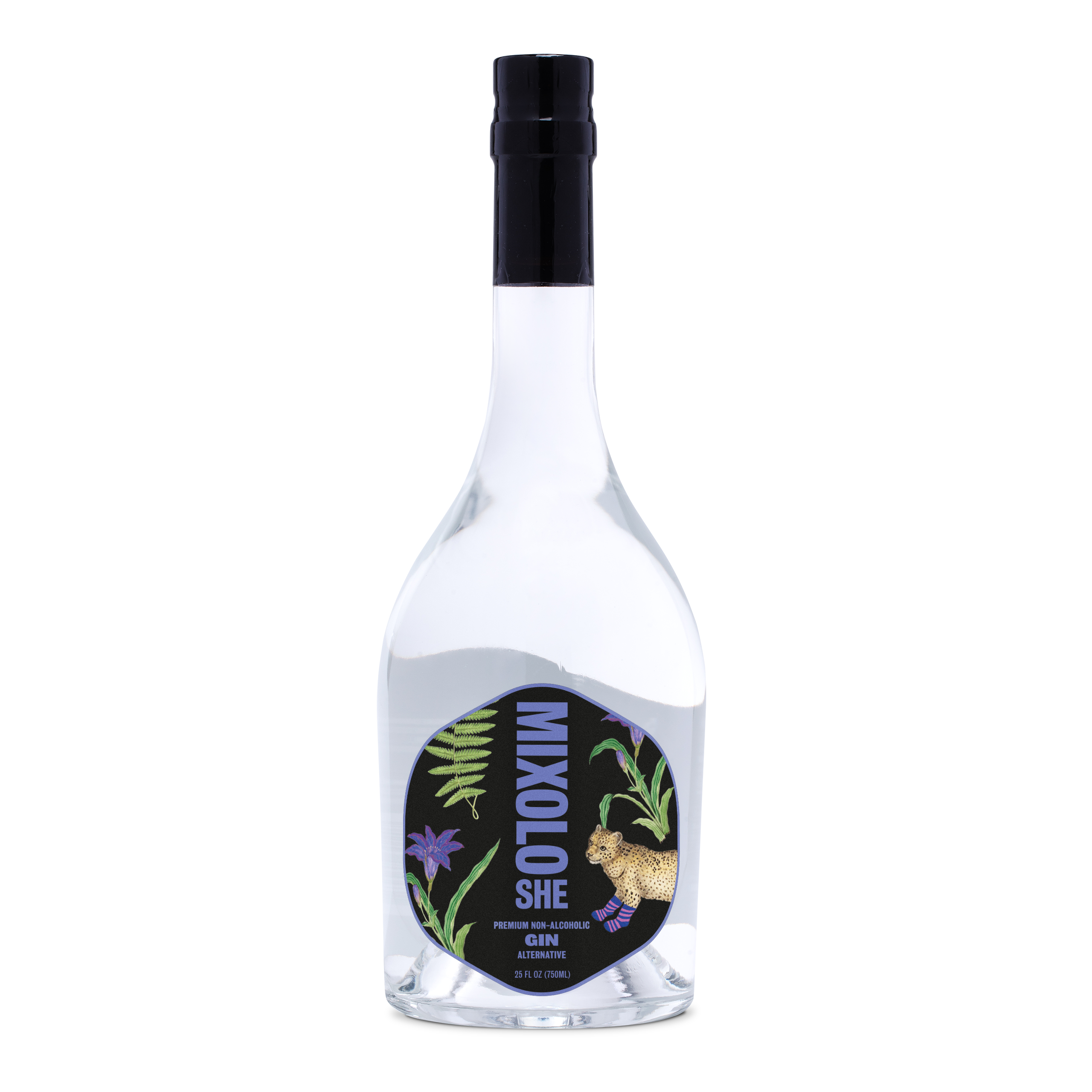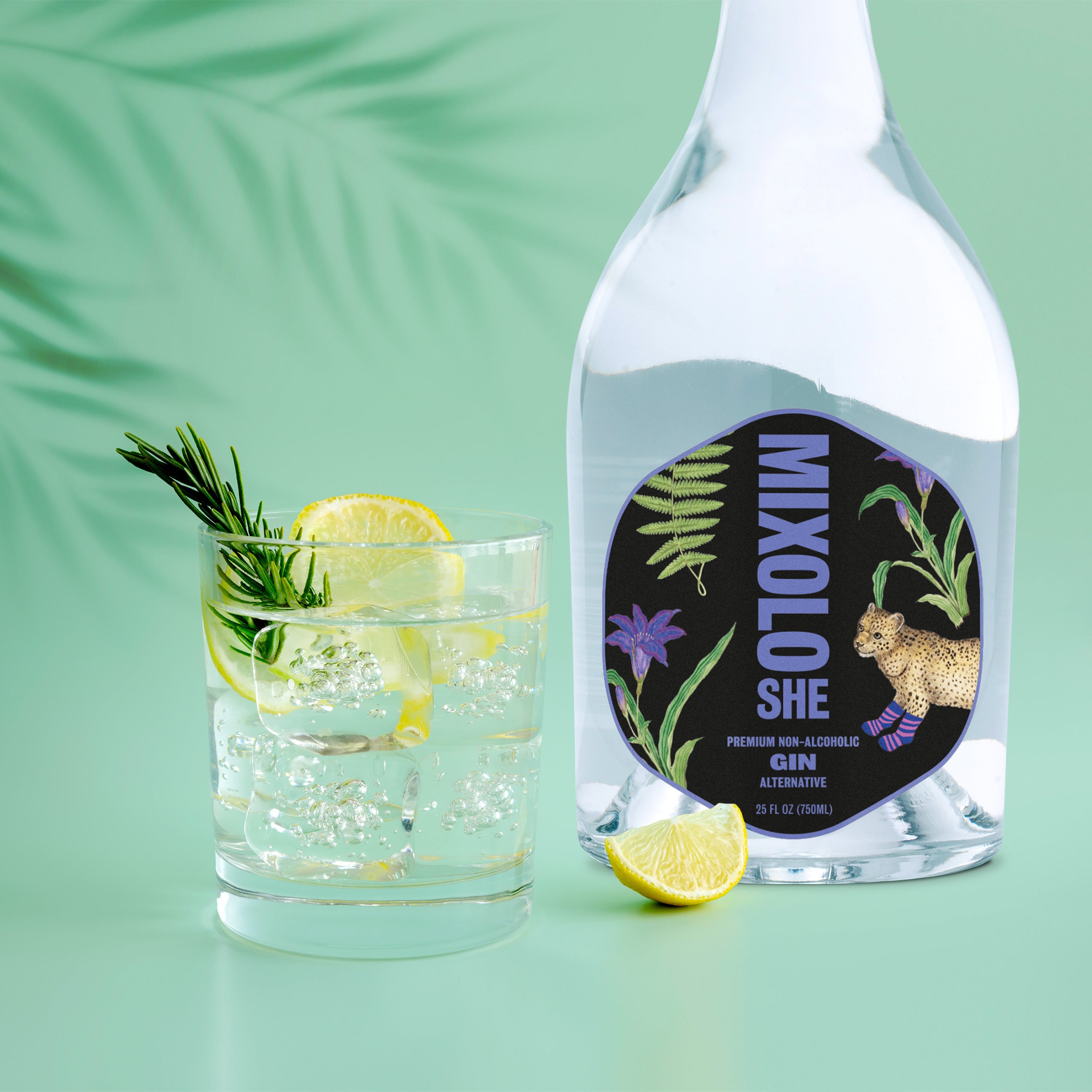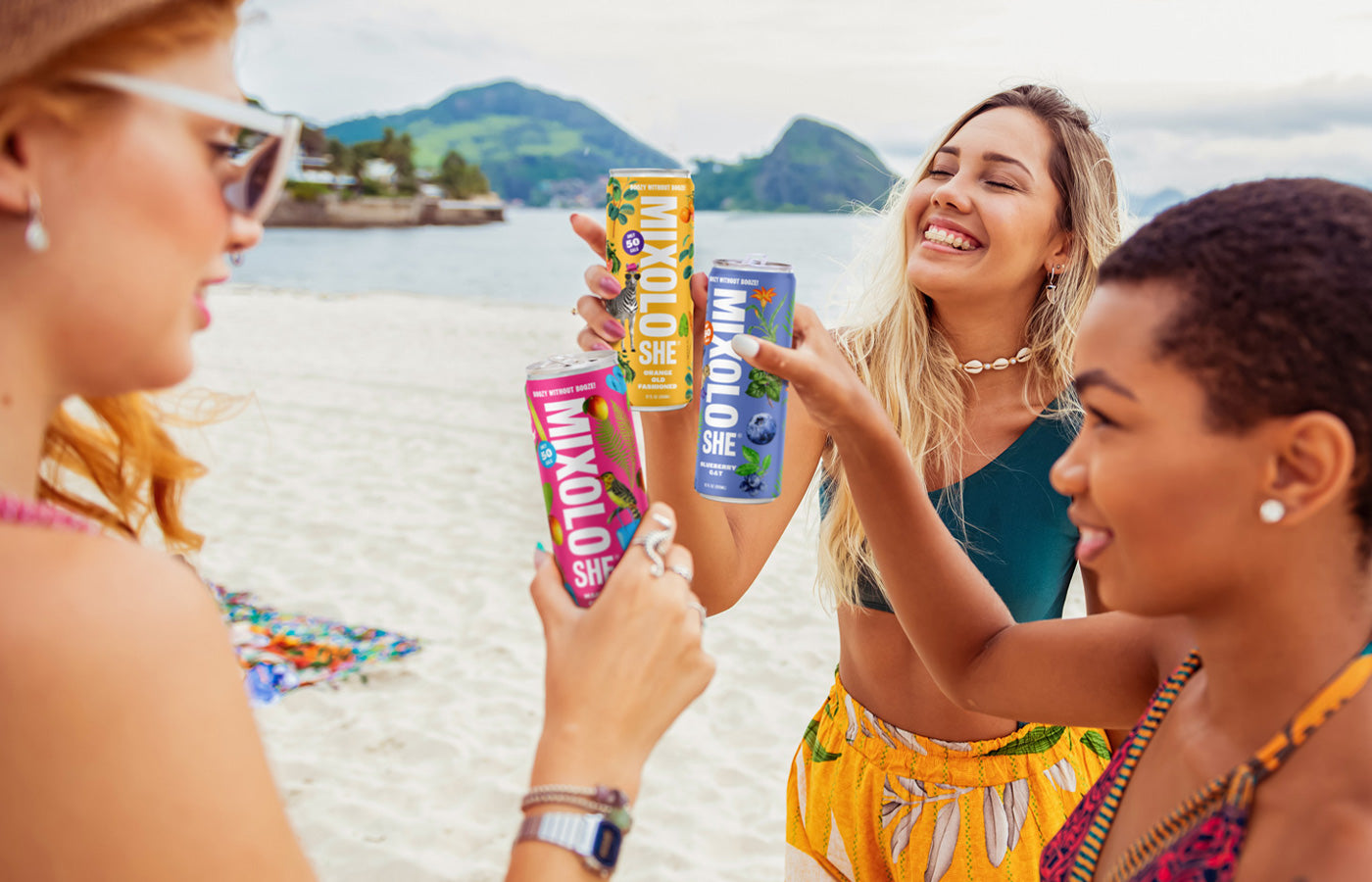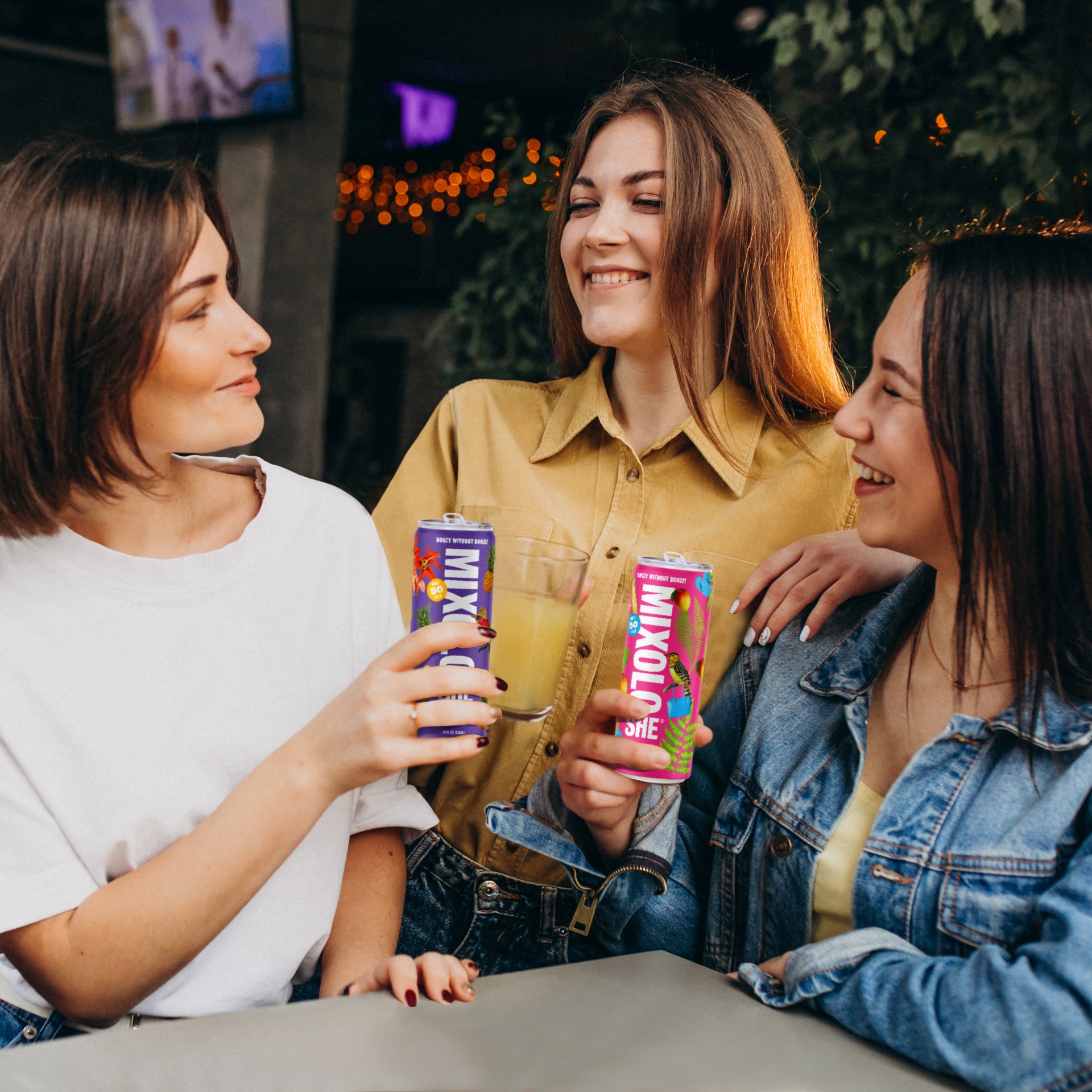Incorporating Non-Alcoholic Beverages in a Healthy Diet for Weight Management
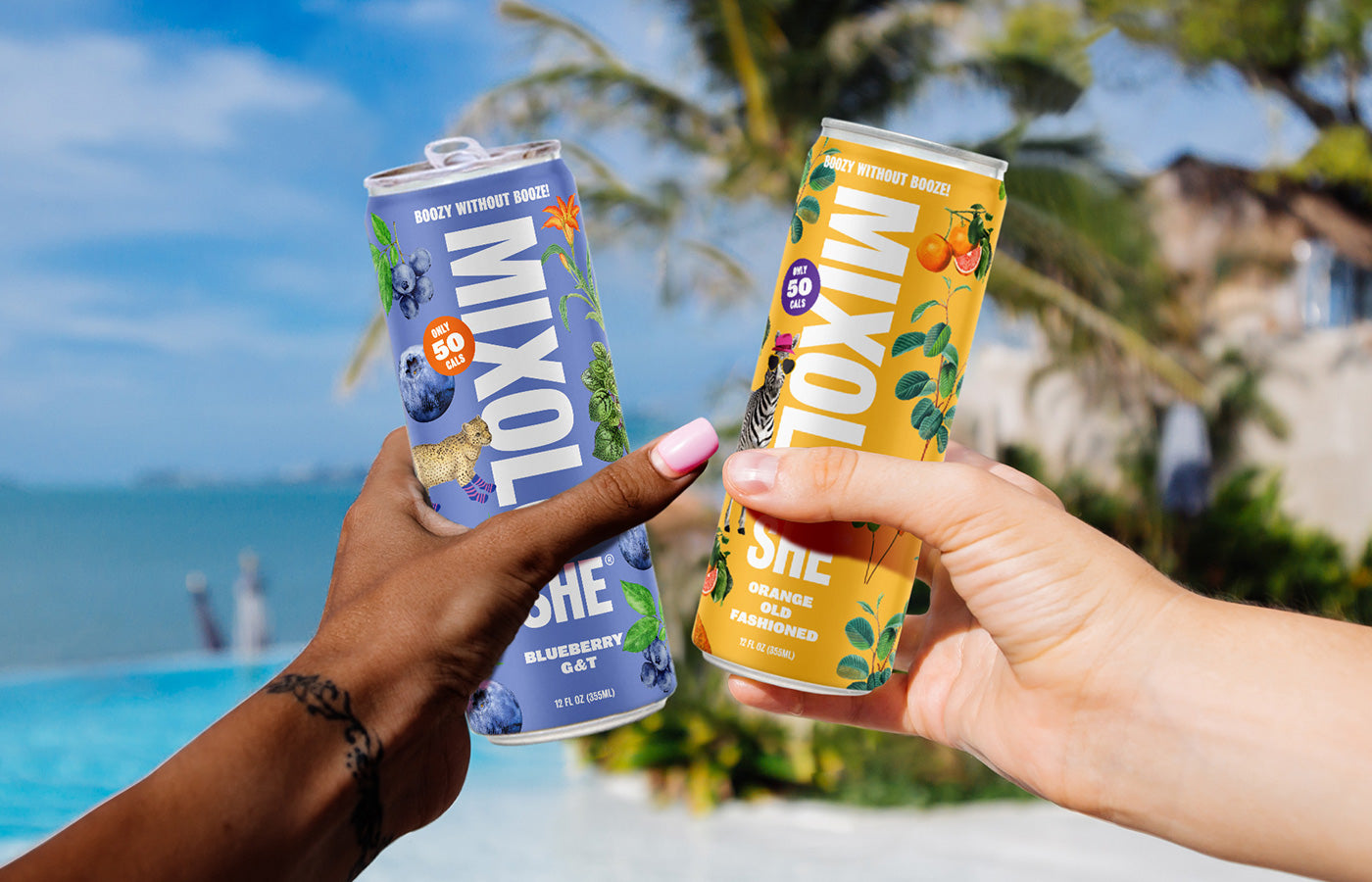
Are you seeking diet-friendly non-alcoholic drinks as part of your alcohol-free weight loss journey? Look no further! There's more than meets the eye with healthy non-alcoholic drink choices when it comes to managing your weight.
What counts are the calories in the food, right? Actually, not quite. Weight management isn't just about counting the calories in solid nutrition. Take the example of an orange versus its juice. Both might have similar calorie counts, but the whole fruit provides fiber and requires digestion, leading to slower and healthier sugar absorption. On the other hand, orange juice offers quick, easy calories with minimal nutritional benefit. Continue reading to find out what this means for all our [Link].
Benefits of Non-Alcoholic Drinks in Weight Loss
It is true that in the case of alcoholic drinks, the main health concern is the alcohol content. But did you know that alcoholic beverages could be sneakier than fat when it comes to calories? Each gram of alcohol contains around 7 calories. That's nearly double what you get from carbs or protein, which hover around the 4-calorie mark. Each gram of alcohol is like a mini calorie bomb, meaning the heavier the drink, the worse for your waistline.
Now, let's talk ciders – a popular choice among women because of their smooth taste. Some are like a candy party in a can, hosting up to five teaspoons of sugar. That’s 18 grams, or 72 calories, just from sugar alone. Add the booze: In the U.S., a standard drink is pegged at 14 grams of alcohol. Do the math, and you’ll find that a can of cider can hit 170 calories, equal to 19 grams of pure fat. But wait for it!
When it comes to protein, our bodies are like little factories. We only use about 70% of the calories from protein, as the rest is burned off in the digestion process. Those liquid calories, though? They’re like the express train – no stops, straight to the waistline. Unlike solid food, they don’t require much effort to digest, so they’re quicker to arrive where you don’t need them.
Calorie Content in Non-Alcoholic Beverages
Ditching the booze for zero-proof drinks? Smart move. But let's chat about the sweet (or not) side of non-alcoholic (NA) drinks. Think NA equals no worries on the calorie front? Think again. It turns out, sugar’s again the party crasher here.
The naked truth about water-based NA drinks is, that the sweetness carries and enhances the other flavors. If there’s no sugar or sweetener, everything tastes … well… like water with stuff in it.
But the choice is still yours. Take fruit juice, for example. That apple juice you're sipping? It's packing a sugary punch equal to some sodas – about 9 teaspoons per 12 ounces. Flavored waters? Many not as innocent as they seem, with hidden sugars lurking. And those trendy NA beers and wines, while generally less calorific than their boozy counterparts, can still be sugar traps.
Here’s the lowdown on what’s in your glass:
- NA Beer: Fewer calories, but watch for added sugars.
- NA Wine: Usually fewer calories, sweetness varies.
- Mocktails: It's a mixed bag, depends on the sweet stuff inside.
- Fruit Juices: High natural sugars, soft drink rivals.
- Sodas: Sugar central, but diet versions cut calories with artificial sweeteners.
- Flavored Waters: Often sneaky sugars, but not soda-level.
In the end, going NA can be a calorie cutter, but only if you’re label-savvy. Those ready-to-drink beverages? They're only as good as your understanding of what’s inside them. So, before you sip, make sure you know what you’re really drinking.
An honest word about us: Mixoloshe non-alcoholic cocktails began at 50 calories per can in 2022, not bad compared to the 139 calories in a can of classic Coke. But we didn’t stop there. Going back behind the bar, we managed to lower it to 45 calories per can in 2023. When our mixologists and flavor fairies tried to reduce the calorie count further, they couldn't maintain our trademark full and authentic flavors. So, for now, we're sticking to 45 calories per can because your health and safety matter to us at Mixoloshe, and we just don’t want to go into artificial sweetener territory.
Now: artificial sweeteners. They're the go-to for dodging sugar and calorie overload, right? Think aspartame, sucralose, and the natural buddy, stevia. They're way sweeter than sugar, so just a dash does the trick. This means fewer calories, but it's not all sweet sailing. There's buzz about health risks and side effects, and the jury's still out. And here’s a twist – they might trick you into eating more elsewhere. So, choosing artificially sweetened drinks is all about weighing up the pros and cons for your health and diet. Stay informed, stay smart!
Meal Planning with Non-Alcoholic Beverages
When it comes to meal planning, non-alcoholic beverages can be a game-changer for both weight management and overall health. The key lies in selecting beverages that complement the nutritional profile of your meals, bringing you both taste and health benefits.
Start by considering hydration. U.S. researchers confirmed what we intuitively knew: that increased water intake can help in weight loss [Link]. This makes water-based beverages an ideal choice.
- Infused waters, sparkling mineral waters, and unsweetened herbal teas are excellent for staying hydrated without adding extra calories or sugar. For those going the full hog, nutritional pairing is the next level. For instance, pairing a citrus-infused sparkling water with a protein-rich salad can aid in iron absorption, thanks to the vitamin C in citrus.
- Herbal teas, like green tea or ginger tea, offer additional health benefits. Compounds in green tea can aid in metabolism and fat burning [Link]. Incorporating a cup of green tea with a light afternoon snack not only creates a zen ritual but also supports your metabolic health.
- Smoothies made with whole fruits, vegetables, and a protein source like Greek yogurt or a plant-based alternative can serve as a nutritious meal replacement or snack. These blends provide essential nutrients and fiber, which are often lacking in juice-only versions. Remember, whole fruits and vegetables in smoothies retain their fiber, making them more filling and slowing down sugar absorption (Remember our orange example at the beginning?).
- For dinner, consider a non-alcoholic version of a wine or a crafted mocktail using one of the authentic Mixoloshe flavors as a mixer, together with fresh ingredients like muddled herbs or pureed fruits. These bring a sense of occasion and enjoyment without the empty calories of alcohol. A mocktail with muddled mint and cucumber, for instance, can be a refreshing complement to a spicy dish, offering a palate cleanser without overwhelming the meal.
Every sip of a zesty infused water, a calming herbal tea, or a playful mocktail is a step towards better health and weight management. The choices you make aren't just good on paper (or in calories), but also good for your soul. A simple swap in your drink can level up your meals and bring a whole new level of nutritional harmony to your diet.
So, here's to the non-alcoholic revolution – every sip is a celebration of health, flavor, and the art of mindful living. Cheers to making choices that feel as good as they taste and to a journey of wellness. Drink up, buttercup – the future is bright and brimming with delicious possibilities!
FAQ:
- Q: How can non-alcoholic beverages aid in weight management?
- A: Non-alcoholic beverages can help by offering lower-calorie alternatives to alcoholic drinks, thus reducing overall calorie intake.
- Q: Are there any non-alcoholic drinks that are particularly good for a healthy diet?
- A: Yes, drinks like non-alcoholic beers, infused waters, and herbal teas are low in calories and can complement a balanced diet.
- Q: What should I look for in a non-alcoholic drink when trying to lose weight?
- A: Choose drinks low in sugar and calories, and preferably those without high levels of artificial sweeteners or additives.
